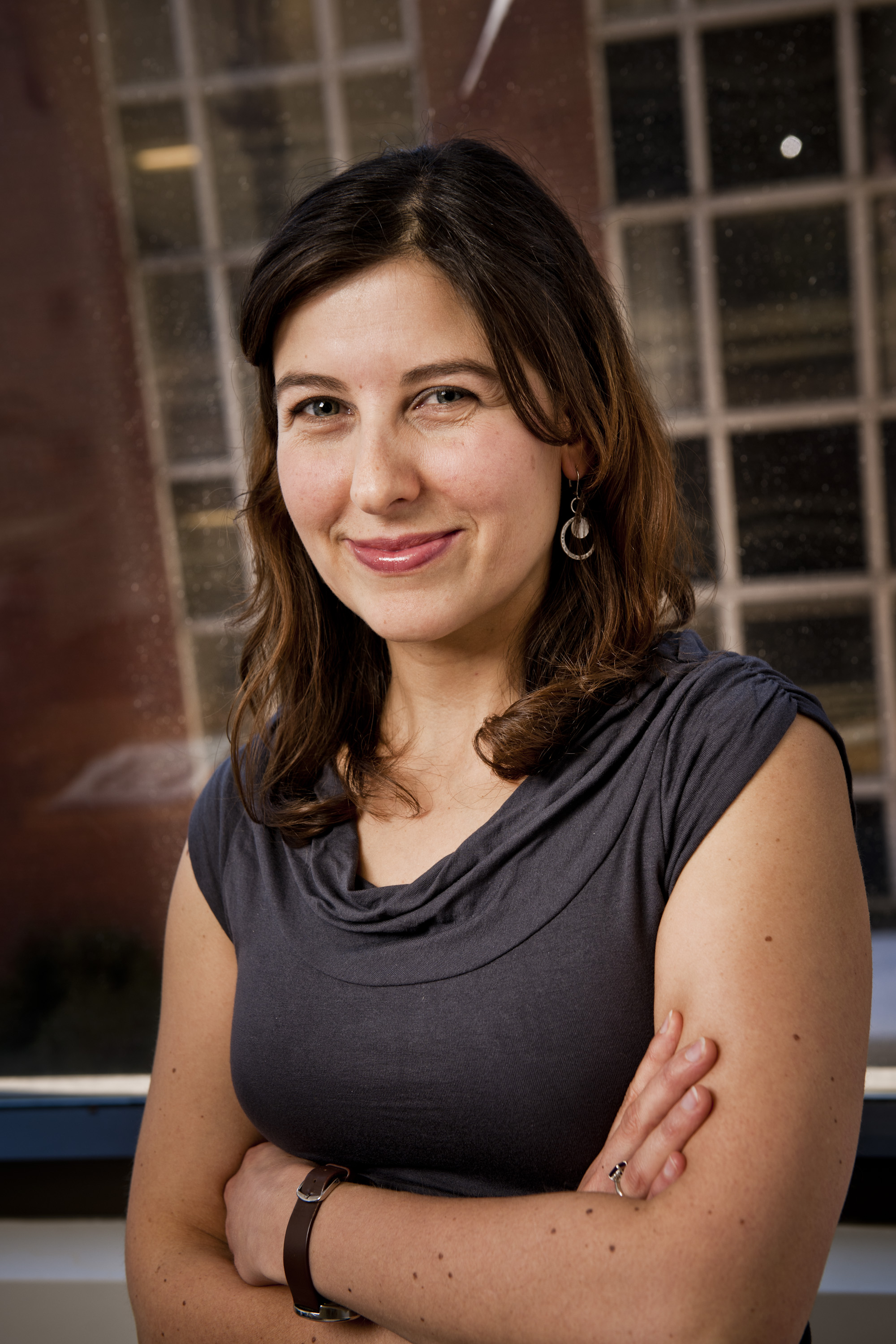This month, we interview the Society's new Assistant Scientific Program Chair Stephanie Yanow, PhD, Program Leader, Research and Development, Alberta Provincial Laboratory for Public Health, and Assistant Professor at the University of Alberta. Yanow's research is primarily focused on the development and application of molecular diagnostics for the detection of malaria in different public health settings. She is also involved with efforts to expand point-of-care disagnostics for malaria and has worked with colleagues around the world on trials. 
1) Congratulations again on your selection as the Assistant Scientific Program Chair. This was a very competitive position. What made you decide to seek out the role and what do you hope to bring to this newly created position?
I have really enjoyed working with the Society as a judge for the YIA over the last 3 years and I saw this position as an opportunity to become more involved. I appreciate how the Society is very much global in scope and its membership spans a broad spectrum of people committed to improving global health. The interactions I have at the annual meeting make me feel connected to the malaria community even though I live in a country with no malaria and with only a handful of groups working on this disease. Now I have a chance to be part of the planning process and I really look forward to this experience. I hope that I can bring a different perspective as well as an appreciation of what young scientists are looking for in the meeting. When I first started working on malaria, my postdoc supervisor told me this was the one meeting to go to each year. I want others to see it that way too.
2) What is the Annual Meeting like for you now, compared to the first time you attended?
I first attended this meeting as a postdoc in 2004. I had recently changed research fields and just started working on malaria. I remember feeling very overwhelmed and lost amidst all the research in tropical medicine, of which I knew nothing about. At the same time, I was also amazed by the international feel of the meeting. I remember seeing participants from West Africa in their gorgeous traditional dresses and others in military uniform, and this made me realize that we are trying to solve truly global problems. Now I feel that I am part of that scientific community and I take pride in that. Every year I look forward to the meeting to see familiar faces, catch up with colleagues and learn about the latest exciting research in tropical medicine.
3) As someone early in their career, what can the Society do – if money was no object - to help students and trainees with career development?
I think the Society can play an important role in giving young scientists from developing countries the opportunity to present their work in an international forum. This experience can shape their careers by introducing them to other scientists in their field and giving them exposure to the broader context of the disease they are studying. If money was no object then the Society could provide more travel awards to these young scientists to participate in the meeting.
4) You’ve been actively involved in the Young Investigator Award competition. What are some of the best aspect of being involved with this aspect of the Society?
It’s always a rewarding experience to meet these young scientists who are very motivated and passionate about their work. For many, this is their first time presenting in front of strangers and they are a bundle of nerves; but once they start talking about the science, you can see the excitement on their faces and hear it in their voices. The challenge is always in selecting the winners.
Last year we had a particularly exciting competition with a visit from Bill Gates. The judges only found out moments before the competition started and once the students knew, the place was buzzing. I think it was a wonderful gesture for him to come to the student talks and to join them for lunch. The students certainly appreciated it and I’m sure they would love if the plenary speaker at each meeting could interact with them personally in this way.
5) There’s something quite unique on your CV: you teach a graduate course on scientific writing. What are some basic ways scientists can improve their written communication?
I think there is a tendency to use complicated language in talking about science. Perhaps it makes it sound more impressive but in fact you can lose your audience in jargon. We try to teach our students to present their work clearly and respect their audience through their choice of language. If it’s for a lay audience then they need to present in a way that their grandmother could understand. There are also some basic tips on structure and grammar that help. My strongest suggestion, though, is to read your work out loud. If you struggle to get it off your tongue then probably your reader will not be able to understand it either.
6) Now for our final question – we ask it of everyone. You get the opportunity to go back in time. You can either have a conversation with any scientist who has ever lived OR observe a moment of scientific history. What would you choose and why?
I would choose to meet Gregor Mendel. After I graduated from university with a degree in genetics, I visited his monastery in Brno in the Czech Republic as a kind of pilgrimage. I would love to spend an afternoon with him in his garden amongst the peas and learn firsthand how he discovered the laws of inheritance.
---
ASTMH members are the best and the brightest in their field. Our member interviews highlight our diverse and growing membership. To read other member profiles, click here.